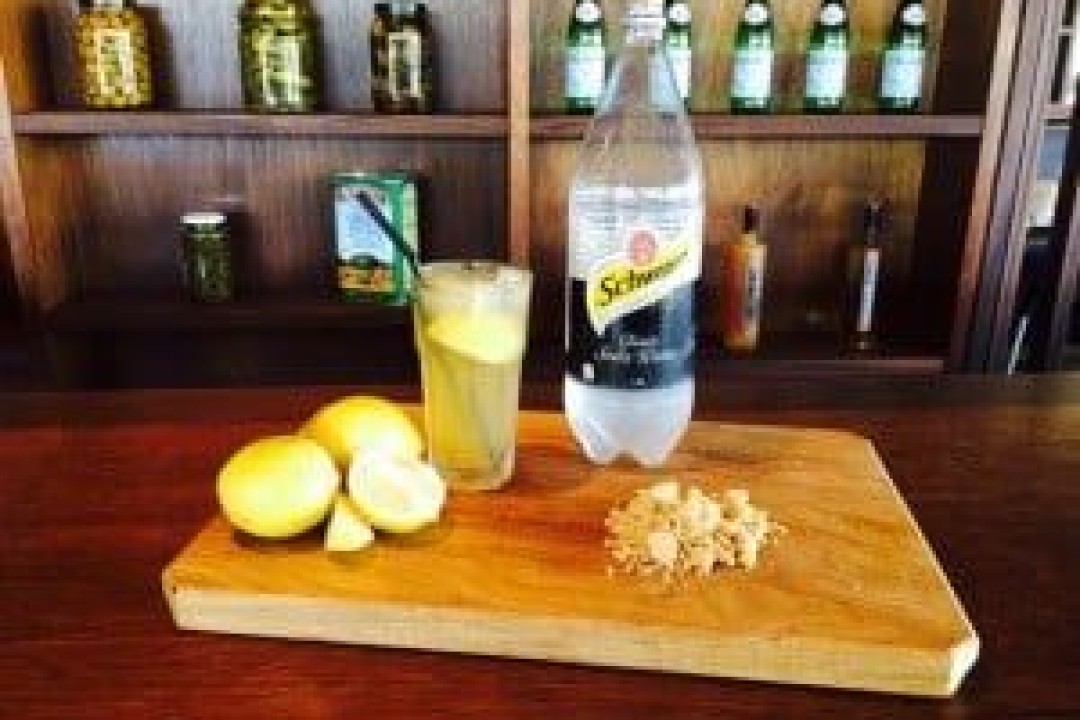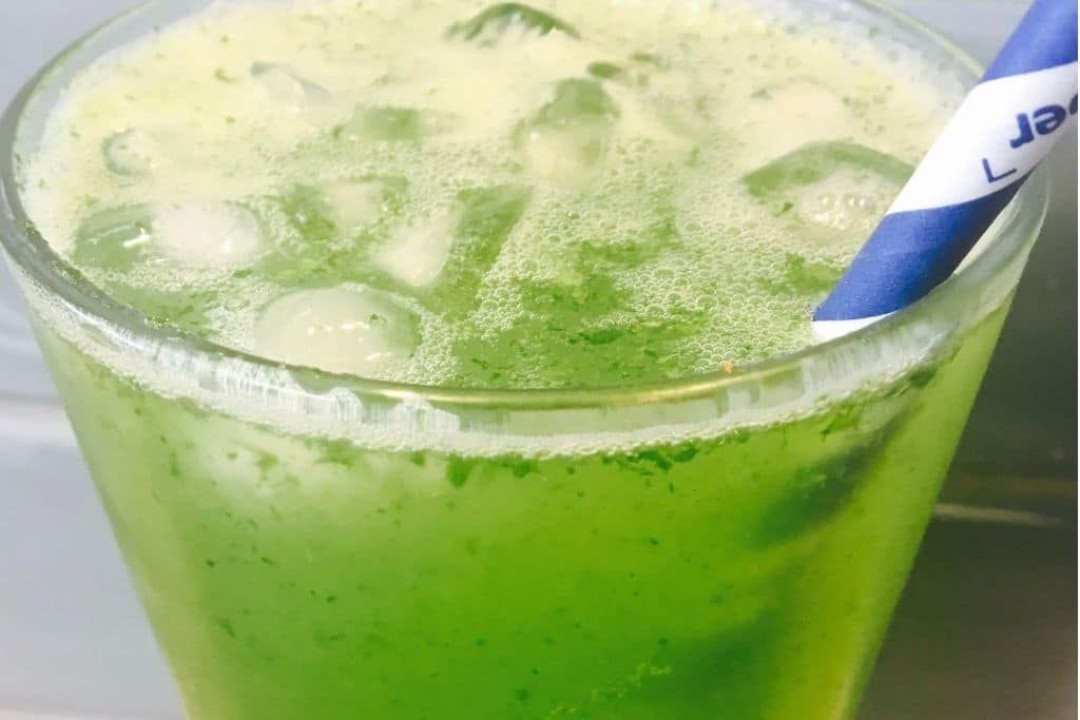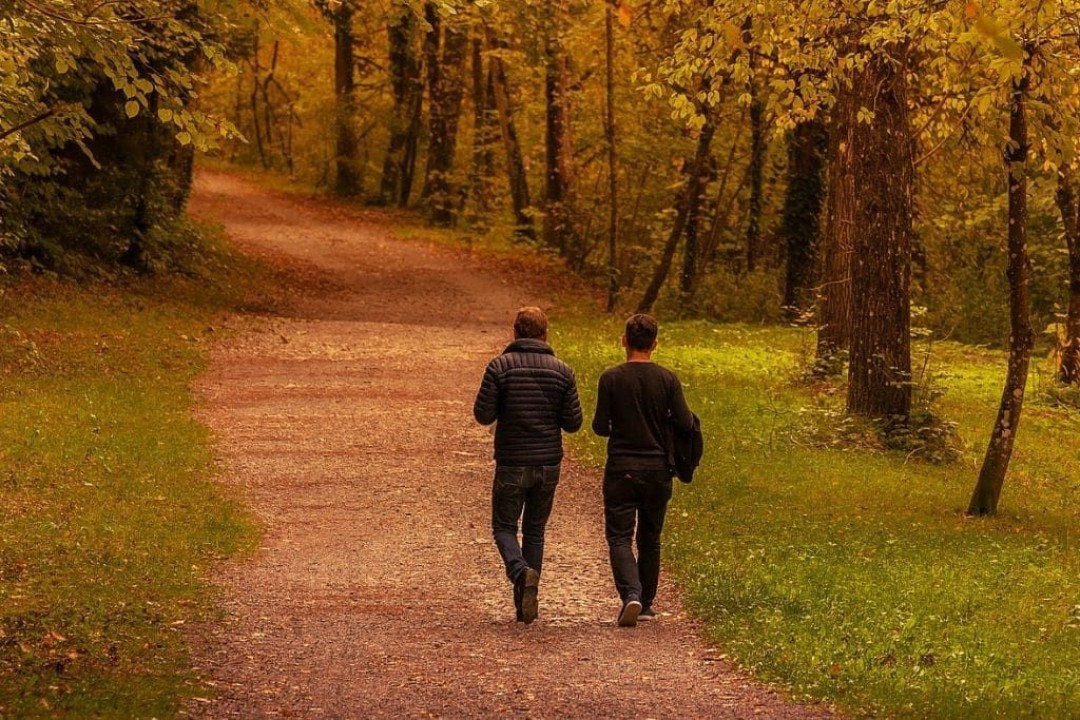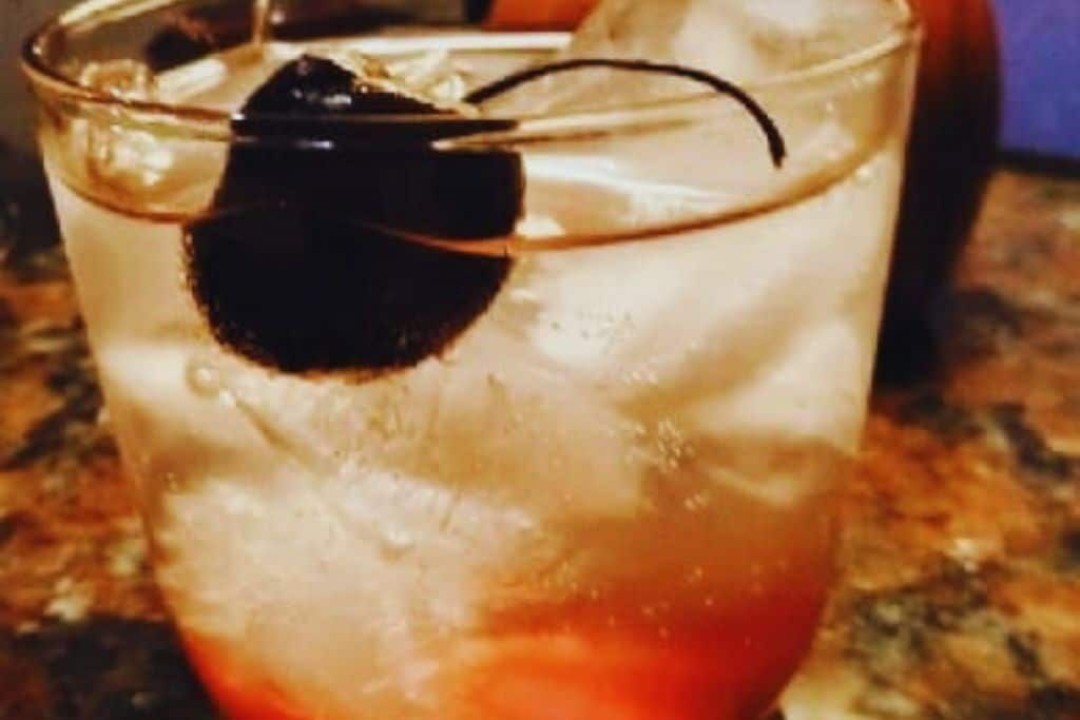Ask An Expert: Stephanie (Addiction Service GM)
May 17th, 2019 Interviews 1 comment

Today’s expert is Stephanie, General Manager of LINC Support Services (which covers mental health and addiction) based in Tauranga.
=============
Mrs D: How do you come into contact with people who have a problem with alcohol?
Stephanie: People with mental health and addiction issues are referred to us by the DHB for treatment, because it’s been recognised that in many circumstances they will keep struggling to manage their lives unless they receive proper support and education.
Mrs D: Do you find there are often other underlying issues behind the alcohol misuse?
Stephanie: Definitely. A common saying we use is “what is wrong with the way you feel sober that you want to change it?” It is important to understand the drinking in context; when, where, and why a person is drinking. Also to identify from the person’s perspective how they see their drinking, – do they think it is an issue and do they think it has affected any aspect of their lives at any time? Often alcohol is used as a way of ‘self-medicating’ through problems and issues, anxieties etc. by the person.
Mrs D: How can you help people to understand that their alcohol use is contributing to their overall feelings of wellbeing?
Stephanie: A problem is only a problem if it is a problem. In order to identify its impact on a person’s wellbeing, it is necessary for staff to get to know the person, develop a relationship with them and identify if there is or isn’t tangible evidence that it is having a negative impact on them. We endeavour to educate people about their alcohol use using a holistic approach (more on that below).
Mrs D: Do you experience a certain amount of push-back from people when you suggest they stop drinking?
Stephanie: We often see people who are pre-contemplative or contemplative. Pre-contemplative is those who do not believe it is an issue and have no plan or desire to change anything, and contemplative is those who realise it is causing issues and just don’t know what to do to change it or have not yet explored change. It’s important we as workers keep the lines of communication open and be careful not to put a label to it. We look for motivating factors for change, for example, when has it been a problem? Do others think you have a drinking problem? Have you had a DIC? Problems at work? We look at patterns of binge drinking, whether sporadic or regular. We often see people that do not wish to address their drinking yet by time we meet them, their lives are in turmoil. In this circumstance we support them to set up systems to support change. For example rent paid from source, staff at the home each day assisting with life skills, going grocery shopping with them on pay day to avoid spending grocery money on alcohol etc. looking at what they are doing before they drink and what could they do differently, break the routines. Look at new and supportive social groups, hobbies and interests to help with the loneliness they often feel when they are moving away from supports that encourage drinking.
Mrs D: Do you think it’s hard for many people to envisage their life with no alcohol in it?
Stephanie: I think people often do envisage life without alcohol believing they can stop any time. The reality is much harder. Usually they reach a life crisis before they will enlist support to make changes.
Mrs D: How can you help them see the benefits of living sober?
Stephanie: We set goals, plan for the future. We ask “what stops you from achieving those goals right now?”
Mrs D: What sort of treatments do you provide for people who are struggling with addiction?
Stephanie: We use specific screening tool to help people with co-existing problems identify whether their alcohol use may be problematic and impacting on their health, work and personal relationships. Using the AUDIT screen with the clients permission we are able to ascertain where the client sits with their consumption, social, hazardous or harmful use. A brief assessment (usually where the underlying issues are identified) is completed and feedback given, offering brief advice such as low risk drinking advice for adults as promoted by the HPA. This takes approximately 20 minutes and may be all the motivation a person to make the connection and promote change. We are able to identify if a person needs a more comprehensive assessment and intervention and in those cases we’ll support them towards the appropriate resources.We have a menu of options to offer for addiction treatments here in the Bay of Plenty. As far as push-back is concerned it’s all in the delivery. Self-identification is a positive thing.
Mrs D: Tell me about your ‘Wellness Recovery Coaches”?
Stephanie: At LINC we do not focus on ‘sickness’ or ‘deficits’, we focus on wellness and embracing peoples strengths. Our Wellness Recovery Coaches work with this strengths based approach and walk alongside clients each day assisting with tasks and goals that have been identified in collaboration with clients. Our Wellness Recovery Coaches are all skilled and experienced with training in the mental health and addictions sector, from a range of relevant disciplines. The Wellness Recovery Coach will mentor, coach, model and encourage clients on a daily basis to make the changes they have identified as being pivotal to improving their health outcomes.
Mrs D: How important is it to consider a spectrum of needs for each client (spiritual, mental, social and physical)?
Stephanie: Very important that services work in a holistic way. Each element of a person’s life affects the other. You cannot have good mental health if you do not have good physical health for example. We work closely with the Maori model, Te Whare TaPaWha and this guides all our assessment processes. This model provides an analogy of a person’s need being similar to a house. Each area, spiritual, mental, physical and social represents a wall of the house. Each wall has to be strong to hold up the roof. During assessment process we look at all aspects of a person’s holistic health as we develop plans and identify areas that need strengthening. This is fundamental to all that we do.
Mrs D: How important do you think it is for clients to be in charge of their own recovery plan? How beneficial is self-empowerment?
Stephanie: If the client is not in charge of it, they will not engage in the change and you are more likely to have ‘push back’. It always has to be the clients goals, not our own. In order to ensure this is the case we need to be very flexible in the development of the plans, recognising each person as an individual and the approach will be quite different form one to the next. We have to think outside the square. It is important also to recognise and embrace and applaud the smallest of steps forward. At times workers can get lost in the process too, but by taking a step back and looking at the client’s journey from the start, you can see where the positive changes are as they are not always as apparent from one day to the next. A relapse is not a failure, we can learn from it. As therapists, we must ensure that clients are able to take ownership of their wins and of their relapses. In doing that they are able to take ownership of the way forward.
You can read a newspaper article about Stephanie’s service here.
Continue reading
Simple Lemonade
Here’s another delicious recipe from my friend David who runs Peppermill Cafe in Porirua.
June 11, 2015
Preston's Potion
I got this recipe from a cute 80s mocktail book my sister-in-law gave me.
June 14, 2019
Sober Story: Ben
This week’s Sober Story comes from Ben, a 27-year-old living in Jacksonville, Forida, USA.
October 24, 2019 – 5 comments
A-OK Mocktail
Basil and cucumber give this drink a delightfully earthy flavour.
May 17, 2024 – 1 comment



